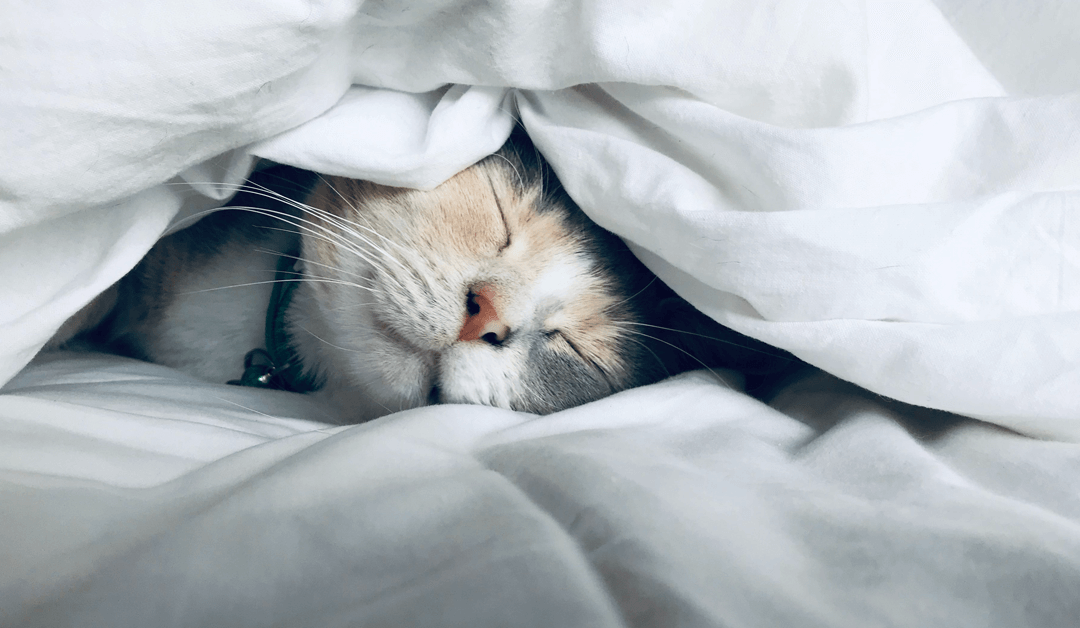Do you sleep poorly, or struggle to get to sleep? You’re not alone. An estimated one-third of the world’s population suffers from insomnia. Sleep is critical to our physical and mental health, so it’s important to understand how sleep issues affect our well-being and what we can do to improve it.
The importance of sleep
Sleep is as essential as breathing and eating. During sleep, the body and brain engage in processes of repair and recovery. Increased blood flow to our muscles in the deeper stages of sleep allows oxygen and nutrients to repair the muscle and regenerate cells. Injuries or wounds heal faster with adequate sleep. Sleep also plays a vital role in forming memories.
In the short term, lack of sleep can make us tired, irritable, and unable to focus. In the long term, poor sleep is associated with heart disease, type 2 diabetes, anxiety and depression.
The relationship between sleep and our mental well-being
It’s no surprise that sleep and our mental well-being are closely connected. But does poor sleep cause mental health problems, or the other way around? The answer appears to be: both. For example, insomnia can be a symptom of depression, but recent research has also found that lack of sleep can cause or contribute to the onset of depression. Other conditions that may have a circular relationship with sleep issues include anxiety, bipolar disorder, PTSD and ADHD.
While this circular relationship between sleep and mental well-being can create a downward spiral – with sleep issues worsening the condition, which in turn worsens the sleep issues – the good news is that treating the sleep issues is likely to have a positive effect on the condition as well (an “upward spiral”). So while ensuring good sleep is beneficial for everyone, it can be tremendously helpful for those with mental health disorders.
Healthy sleep habits
What can we do to give ourselves the very best chance at optimal sleep? There are several different areas we can assess in terms of sleep hygiene:
Environment
Make sure your bedroom is dark enough and your bedding is comfortable. Some people can sleep with a light sheet; others may sleep better with a heavy comforter or even a weighted blanket. Others, (like me) like to have their feet sticking out of the comforter. If you wake up too hot or too cold during the night, adjust the thermostat or add or remove bedding so that you are at a good temperature for sleeping. You might prefer silence or white noise. A pleasant smell, such as from essential oils, can also aid in relaxation and sleep. If you can, remove any work-related materials from your bedroom and avoid activities other than sleep, so that you learn to associate this area with winding down and sleeping.
Routine
Try to stick to a consistent wake up and bed time, even on weekends, so that your body stays on the same cycle. Regular exercise during the day will also encourage good sleep. Exercising outside is even better, since exposure to sunlight also helps to regulate sleep cycles.
About 30 to 60 minutes before bed, start your bedtime routine. This could include a relaxing bath or shower, some gentle stretching, light reading, or meditation. Over time, this routine will signal your brain and body that it’s time to wind down for sleep.
Sleep disruptors
Avoid caffeine, nicotine, and alcohol, especially later in the day, as these will all disrupt sleep. The sedating effect of alcohol can cause you to feel relaxed enough to drift off, but alcohol consumption is correlated with poor quality and duration of sleep. It has also been found to worsen sleep apnea. Being mindful to also avoid foods that you may be sensitive to or cause you GI problems. For some people, it’s great to get a food sensitivity test. Otherwise, you can try to avoid foods at night that slow down digestion or interact with your energy like sugary, spicy, fried, and heavy foods. Having a close relationship with how your body functions will not only increase kind awareness but promote eating/drinking intuitively as well.
Experts advise putting away your devices as you start your bedtime routine. The blue light from devices like cell phones can reduce the melatonin levels in your body and keep you alert. Working just before bed also has a tendency to keep us awake (and possibly stressed – not good for sleep!).
Stress management
If you struggle to fall asleep because of worries or stressful thoughts, you might try a meditation, breathing practice, or progressive muscle relaxation. Cognitive behavioral therapy techniques can also be helpful if you find yourself fixating on the fact that you can’t fall asleep. You can also try writing down your to-do list or other intrusive thoughts to allow your brain to let go of them before bed.
Remember that mental health disorders as well as physical health problems can cause sleep issues, so if you are still struggling to sleep well despite good sleep hygiene, reach out to your doctor to see if they can identify any underlying conditions.
Photo by Kate Stone Matheson

